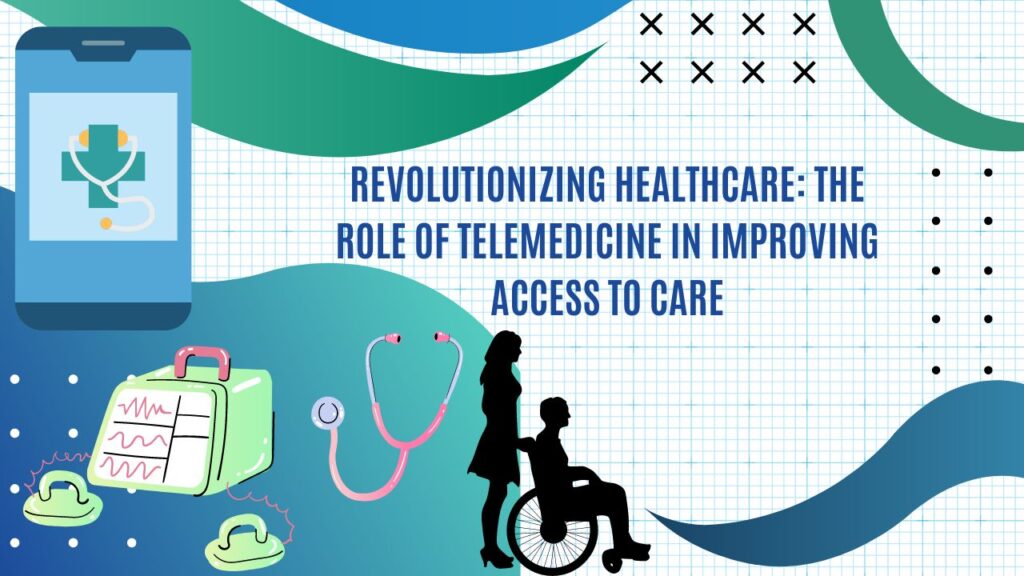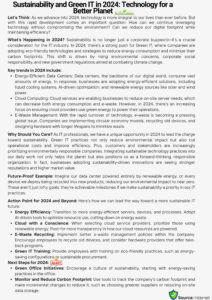

Introduction:
In recent years, the healthcare industry has witnessed a profound transformation driven by technological innovation. From artificial intelligence (AI) and telemedicine to wearable devices and genomics, emerging technologies are revolutionizing patient care, diagnosis, and treatment. In this article, we will explore the transformative impact of these technologies on healthcare delivery and outcomes, ushering in a new era of personalized medicine and preventive care.
- Artificial Intelligence (AI) in Healthcare:
Artificial intelligence (AI) is revolutionizing healthcare by augmenting clinical decision-making, streamlining administrative tasks, and improving patient outcomes. In diagnostics, AI-powered algorithms analyze medical images, such as X-rays and MRIs, with unprecedented accuracy, assisting radiologists in detecting abnormalities and identifying potential diseases at an early stage. Moreover, AI-driven predictive analytics enable clinicians to forecast patient risk factors, optimize treatment plans, and reduce hospital readmissions.
In addition to diagnostics, AI is transforming drug discovery and development processes, accelerating the identification of novel therapeutics and personalized treatment options. By leveraging machine learning algorithms to analyze vast datasets of genomic, proteomic, and clinical data, researchers can identify disease biomarkers, predict drug responses, and tailor treatments to individual patient profiles. As AI technologies continue to evolve and integrate into healthcare workflows, we can expect improved patient outcomes, reduced healthcare costs, and enhanced access to quality care for all.
- Telemedicine and Remote Patient Monitoring:
Telemedicine and remote patient monitoring technologies have emerged as vital tools for extending healthcare services beyond traditional clinical settings, particularly in remote or underserved communities. Telemedicine platforms enable patients to consult with healthcare providers remotely via video conferencing, phone calls, or secure messaging, eliminating barriers to access and improving care coordination. Moreover, remote patient monitoring devices, such as wearable sensors and mobile health apps, enable continuous monitoring of vital signs, medication adherence, and disease progression from the comfort of patients’ homes.
In 2024 and beyond, telemedicine and remote patient monitoring are expected to continue their trajectory of growth and innovation. With advancements in telecommunication technologies and regulatory frameworks, telemedicine services are becoming more accessible, convenient, and cost-effective for patients and providers alike. Moreover, remote patient monitoring devices are evolving to incorporate AI-driven predictive analytics, enabling early detection of health issues, proactive interventions, and personalized care plans tailored to individual patient needs. As telemedicine becomes an integral part of healthcare delivery models, we can expect improved patient outcomes, enhanced care access, and greater efficiency across the continuum of care.
- Wearable Health Technologies:
Wearable health technologies, including smartwatches, fitness trackers, and biosensors, are empowering individuals to take control of their health and well-being through continuous monitoring and personalized feedback. These devices collect real-time data on various physiological parameters, such as heart rate, sleep patterns, and physical activity, providing insights into users’ health status and behavior patterns. Moreover, wearable devices can detect early warning signs of health issues, facilitate early intervention, and motivate users to adopt healthier lifestyles.
In 2024, wearable health technologies are poised to become even more advanced and integrated into everyday life. With advancements in sensor technology, battery life, and data analytics, wearables are evolving beyond fitness tracking to monitor chronic conditions, such as diabetes, hypertension, and respiratory diseases. Moreover, wearable devices are incorporating AI-driven algorithms to analyze data trends, detect anomalies, and provide personalized health recommendations tailored to users’ unique needs and preferences. As wearable health technologies become more ubiquitous and sophisticated, they have the potential to empower individuals to lead healthier lives, improve disease management, and reduce healthcare costs associated with preventable conditions.
Conclusion:
In conclusion, the healthcare industry is undergoing a profound transformation driven by technological innovation, with emerging technologies such as artificial intelligence, telemedicine, and wearable health technologies revolutionizing patient care, diagnosis, and treatment. By leveraging these technologies, healthcare providers can enhance clinical decision-making, improve patient outcomes, and empower individuals to take control of their health and well-being. As we continue to embrace innovation and adopt new technologies, we have the opportunity to build a future where healthcare is more accessible, personalized, and effective for all.






